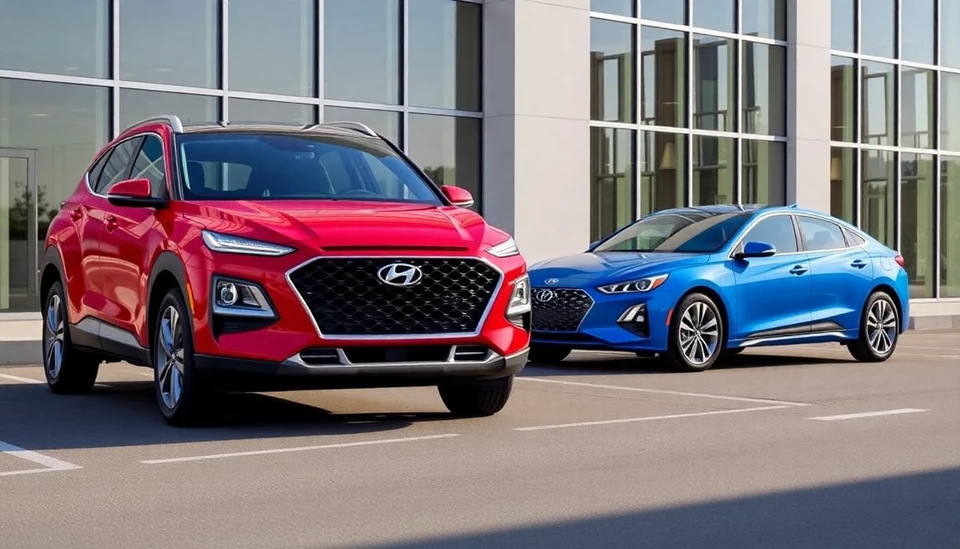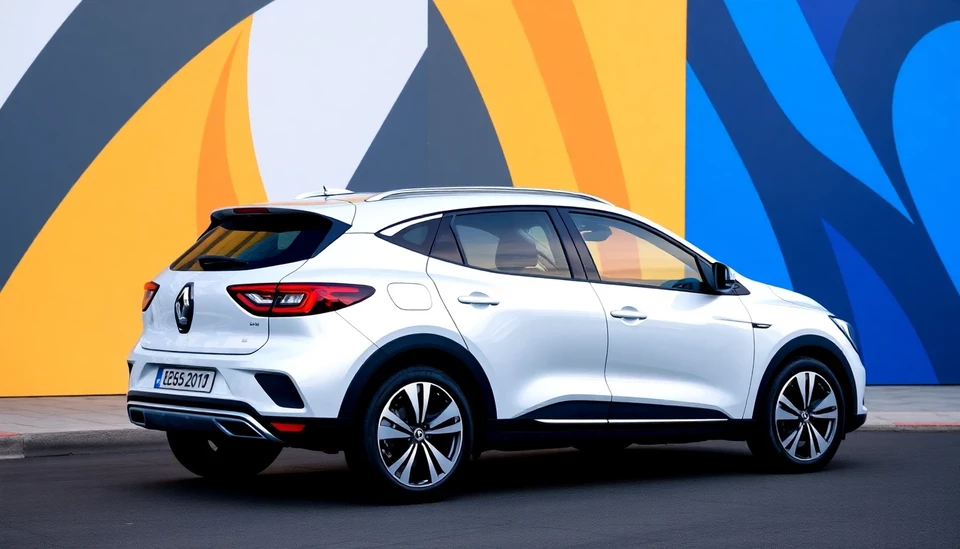
As countries around the globe tackle climate change, Norway has emerged as a pioneering example in the transition to electric vehicles (EVs). The Scandinavian nation is redefining the future of transport as it embraces electric mobility with a fervor that has made it a global benchmark for EV adoption. Recent reports detail not only the impressive statistics behind Norway's EV market but also the lessons it could offer to other nations looking to shift their reliance on fossil fuels.
In Norway, electric vehicles are no longer a rarity but rather a common sight on the roads. By the end of 2023, data shows that nearly 80% of all new cars sold in the country were battery electric vehicles (BEVs). This remarkable statistic is bolstered by an extensive network of incentives designed to encourage EV purchases, including tax exemptions, reduced tolls, free parking, and access to bus lanes. Such measures have effectively turned Norway into an electric vehicle haven, attracting attention from policymakers worldwide.
The surge in EV adoption has led to a notable transformation in Norway's transportation infrastructure. Charging stations have been erected throughout the country, with more than 30,000 charging points available to the public. This well-established network alleviates concerns regarding range anxiety, a common barrier to widespread EV acceptance. As a result, the convenience of owning an electric vehicle has made it the preferred choice for consumers.
However, Norway's aggressive transition to electric mobility is not without its challenges. The rapid influx of electric vehicles has raised questions about grid stability and the adequacy of charging infrastructure. Policymakers are grappling with how to manage the growing demand for electricity and ensure that renewable energy sources can keep pace with the surging number of EVs on the roads. Experts argue that the focus must shift not just to encouraging sales, but also to creating a resilient and sustainable energy ecosystem.
Norway's move towards electrification is heavily influenced by its unique geographical, social, and economic contexts. With a vast network of renewable energy sources, predominantly hydropower, the country can support a massive uptick in electricity consumption without significant environmental repercussions. Furthermore, cultural attitudes towards sustainability and a generally high standard of living have led to widespread acceptance and embrace of electric vehicles among the populace.
Looking to the future, Norway stands at a crossroads. As it pushes towards its goal of having all new cars be zero-emission by 2025, the country faces the question of how to maintain its leadership in the global EV market. Competition is intensifying, as other countries ramp up their efforts in the electric vehicle sector, each vying to replicate Norway's success. The coming years will be crucial for Norway as it seeks to balance EV adoption with sustainable energy management and environmental stewardship.
In conclusion, Norway’s journey towards a fully electric future offers valuable insights for countries worldwide. The combination of strong governmental support, a commitment to renewable energy, and a population eager to embrace sustainable practices creates a potent recipe for success. As the global community grapples with the pressing challenges of climate change, Norway's experience may serve as a beacon guiding others towards a greener, more sustainable transport future.
#ElectricVehicles #Norway #SustainableTransport #EVAdoption #RenewableEnergy #ClimateChange #FutureOfTransport #EVInfrastructure
Author: Sophie Bennett




